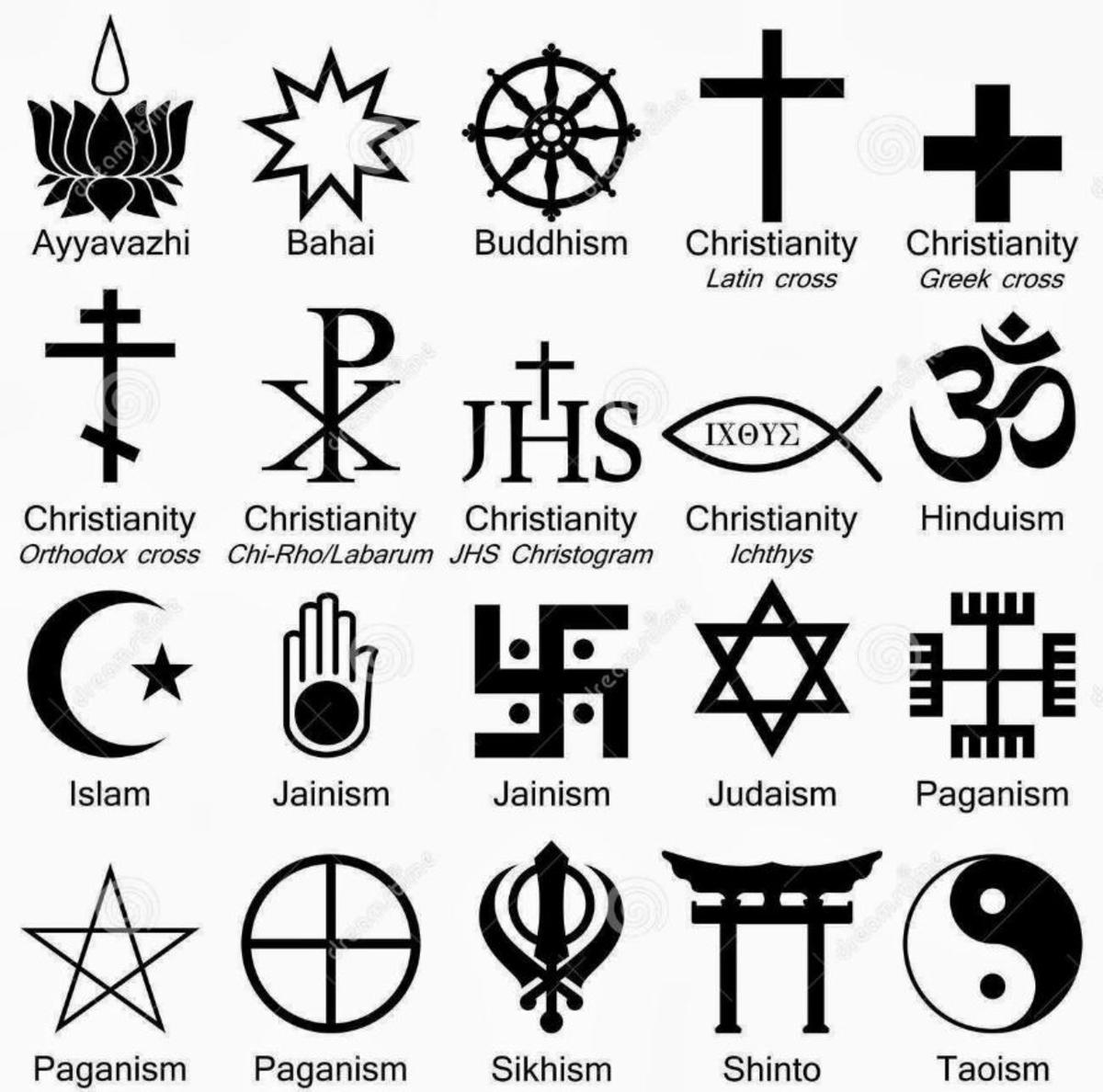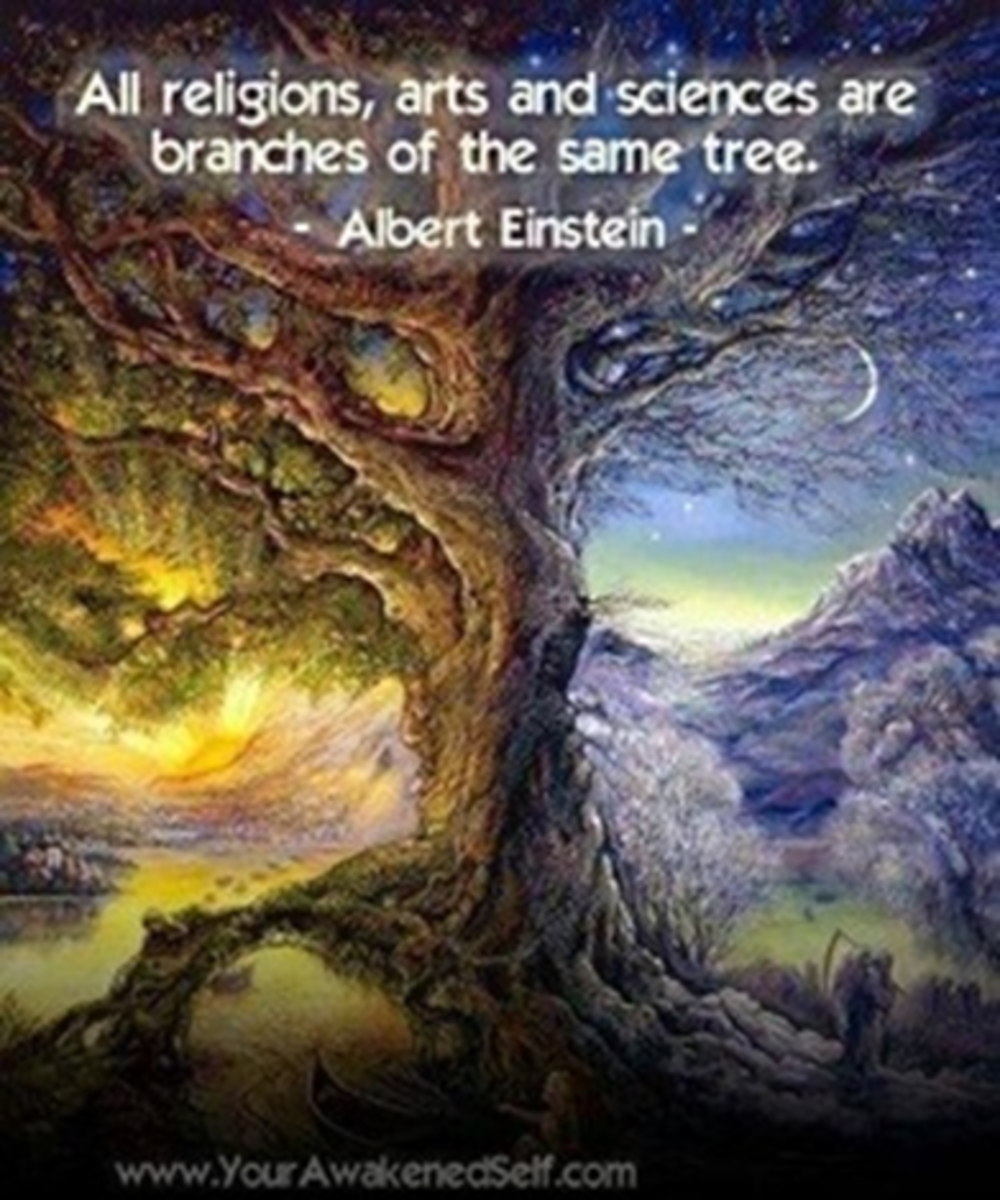Freedom of Religion
Agnosts search for answers amidst a world of uncertainty, atheists leave their intellectual pursuits to disproving the existence of God and denouncing any spirituality, but for a great many people in this world we want and need to believe. The progression of our lives, our little heartaches and joys, our challenges and triumphs, all the things that happen from birth to death are questioned about and reasoned away in hope and faith in the will of an almighty creator.
Regardless of our position, our location, or our vocation, God is present in our lives in some fashion. Even in disbelieving or arguing the existence of God, we give Him or Her the power of possibility in our minds.
Why, then, can this fundamental condition of human life be such a topic of intolerance and hatred? The answer holds numerous causes which may all be diluted into one:
When there is something about which billions of people feel passionately about, this passion and surety of knowledge breeds dissension. This too, is natural.
Freedom of Religion Scandal
Religious freedom, the phrase itself, is a kind of buzzword. Politicians and theologians alike use the phrase almost interchangeably with religious tolerance. The concept of freedom of religion rests on an understanding at a widespread level that every person has the distinct right to choose a path of faith and spirituality that is of their own design. Simply put, everyone should have the right to believe, as they want to believe, so long as in so doing they do not harm the right of others to believe, as they will.
Religious tolerance, on the other hand, is somewhat different in that it focuses on the acceptance of alternative worship. You believe in [insert religion here], and that is ok. Unfortunately, there are many places in the world where religious freedom and tolerance are not afforded the common person.
In the Islamic nation, which consumes the top third of the African continent as well as a large portion of the Middle-East, people following the Muslim faith are taught that unbelievers, those who are not of the Muslim faith, are to be brought to repentance before the Almighty, either of their own free will or by force.
The Christian faith teaches its followers that the one true path to righteousness and everlasting life of the soul is through Jesus Christ to God, and to believe anything else is a one-way ticket to an afterlife of torment in Hell.
Interestingly, these concepts taught are sometimes cast aside, the religious texts for the aforementioned faiths teaching also that all life is sacred, even admonishing the followers of these faiths to be tolerant and loving of their fellow man. Unfortunately, ignorance and an interpretation of divine right to convert bring harsh reactions, and it is often seen in cases where individuals who feel passionately about their chosen religion make attempts to cajole others into following in line with their beliefs, the concept of freedom of religion is completely disregarded.
How can we, an enlightened and evolved people on the global scale, move from positions of intolerance and misunderstanding? The answer to this is quite simple also:
Learn.
Knowledge is power, so goes the cliché, but hand in hand with this is the fact that power corrupts. If this is all true, then the only way to corrupt the seeds of intolerance is to teach about the things we fear the most, the things we think are simply abhor-able. Why can't we teach our children about the religions of the world? We teach them about our own religions, expecting them to follow suit with our beliefs regardless of how different they may be experiencing their spiritual journey.
We do a better service to the improvement of our nation, our cities, our world, by educating those we love about the things we cannot stop: faith, opportunity, freedom. What better way to advocate religious freedom and tolerance than to breed it in our homes and communities?
By promoting tolerance, we promote freedom. Religious freedom becomes richer, fuller, through adapting ourselves to acceptance that other faith systems are not wrong to exist. This does not mean that the world should all believe the same faith system's teachings as the ultimate truth. This means that we should all believe that every faith system holds truth for one individual or many, and it is a violation of basic human rights to do anything else.





